Queensland family ‘watched’ by ‘nightmare’ neighbours pointing security cameras at their home
After buying their dream home, a family’s new neighbours have now made “absurd” demands and have security cameras aimed at their property.
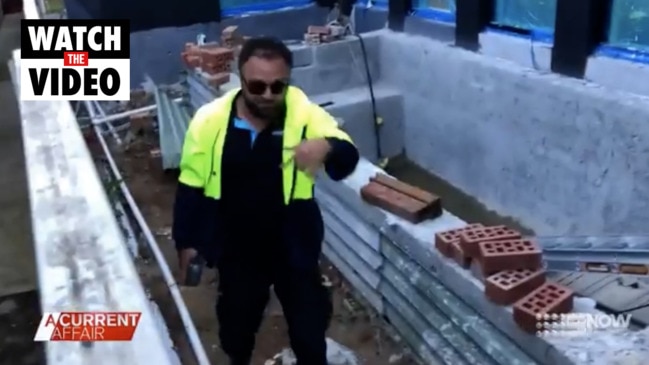
Welcome to Sisters In Law, news.com.au’s weekly column solving all of your legal problems. This week, our resident lawyers and real-life sisters Alison and Jillian Barrett from Maurice Blackburn advise about how to handle a neighbourhood dispute.
Question:
My family and I recently bought a new house and the neighbours are a complete nightmare. When we moved in, they posted a list of ‘rules’ through our door which included making no noise in the yard after 8pm, no parking within 2m of their driveway and no laundry hanging in the yard for more than 24 hours. It was so absurd I had to laugh.
When I see them I try to be civil as I really want to remain on good terms – it’s our dream home and we have a 30-year mortgage! But recently I noticed that their security cameras point into our driveway and towards our front door.
I feel like we’re being watched. I politely mentioned that I’d rather their cameras only focus on their property and they said they’d move them but they haven’t. What can I do? Are they allowed to film my house? – Dev, Queensland
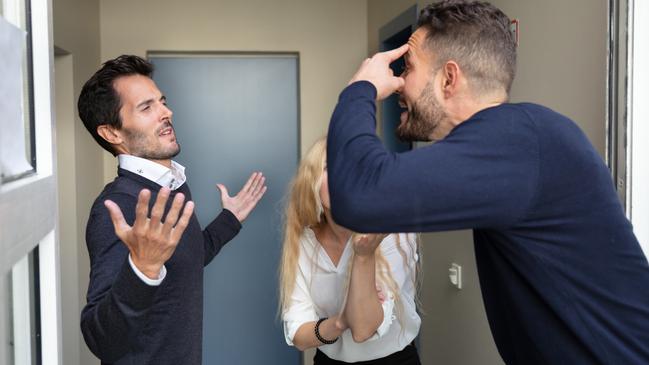
Answer:
Before we deal with the issue of the cameras, it is worth clarifying that property owners have a general right to ‘peace and quiet’.
You and your neighbours’ rights are protected by the laws of nuisance to ensure you do not experience ‘substantial’ or ‘unreasonable’ interference.
Your neighbours’ concerns about washing on your clothesline, parking near their driveway and noise after 8pm would all likely be considered as minor interferences that do not cause a nuisance.
As such, the ‘rules’ created by your neighbours are in no way enforceable.
The security cameras capturing your driveway and front door are a bigger issue.
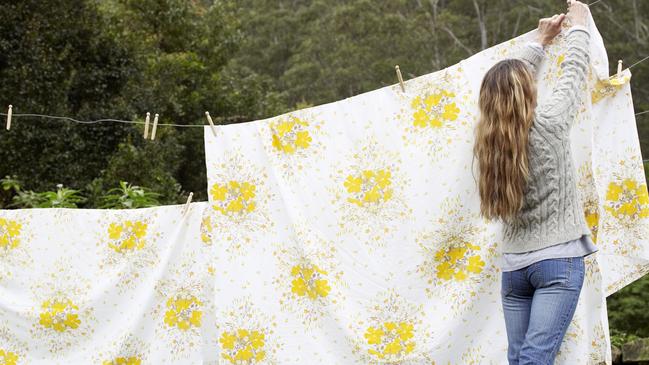
Like all disputes with neighbours you have taken the right first step, that is, speaking with your neighbours about the cameras and asking that they remove them or redirect them away from your property.
We would suggest you follow up this request in writing.
If your neighbours continue to keep the cameras in their current location, you can ask your local community justice or neighbourhood mediation centre for help to resolve the dispute.
In Australia there is no right to privacy outlined in the Constitution, and the national Privacy Act does not apply to individuals or to residential settings.
However, under the Queensland criminal code it is illegal to make a recording of another person without their consent in places where it would be reasonable to expect privacy, such as showering or undressing.
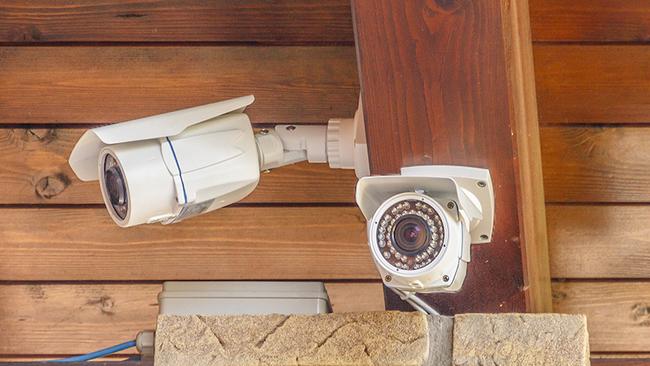
If these laws are breached, your neighbours could face a maximum two years’ in jail.
If you feel as though your privacy is being invaded, you should contact your local police who can determine whether they will investigate and if the criminal code has been breached.
Whether the cameras are illegal will depend on what acts they are capturing and what your neighbours are doing with the footage.
If your neighbours’ behaviour escalates to the point where there are other threats or aggressive behaviour towards you, you may be able to have the issue addressed as part of a personal protection order which is something the police can also assist you with.
Some local councils require planning permission to use security cameras so you can also make inquiries with your local council about whether the cameras are permitted.
If your neighbours’ property is part of a body corporate, the installation and use of security cameras need to comply with the by-laws. You can contact the relevant body corporate manager if this applies.
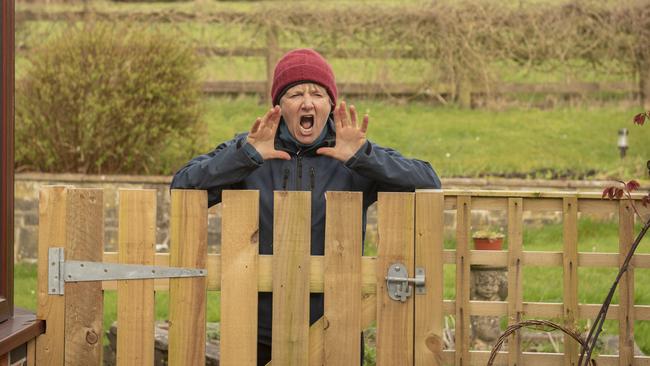
Finally, there are civil remedies that could be available to you which are under the law of nuisance we discussed earlier in the context of your neighbours’ ‘rules’.
This sort of action would be on the basis that the cameras are unreasonably interfering with your enjoyment of the property.
This action requires a court process and you would likely need a lawyer to represent you which can be expensive.
A possible outcome could be a court order requiring your neighbours to remove the cameras and pay you for any damages or loss caused by the existence of the cameras.
This legal information is general in nature and should not be regarded as specific legal advice or relied upon. Persons requiring particular legal advice should consult a solicitor.
If you have a legal question you would like Alison and Jillian to answer, please email stories@news.com.au
Get more from Alison and Jillian on their Facebook page


